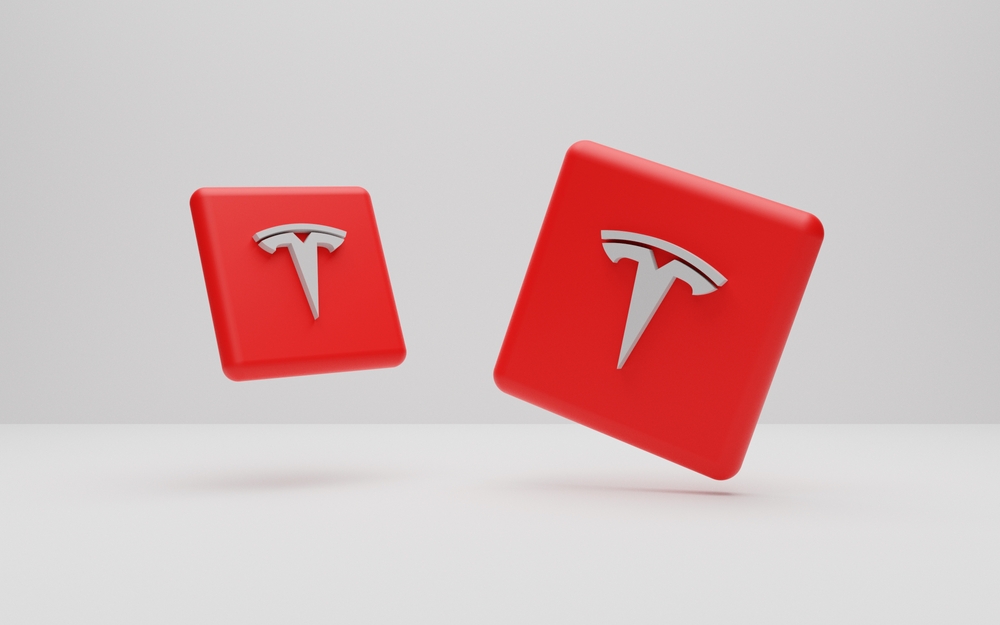
Tesla’s recent decision to send managers to the homes of employees on long-term sick leave has ignited significant backlash from the plant’s union and raised questions about workplace ethics. This move, described by André Thierig, the manufacturing director of Tesla’s Berlin-Brandenburg gigafactory, as an effort to “appeal to employees’ work ethic,” has been met with vehement opposition from labor representatives.
Union Voices Strong Opposition
In recent weeks, managers visited the homes of approximately two dozen employees who have been on sick leave for nine months or longer, a practice Thierig defends as common within the industry. However, IG Metall, the union representing a significant portion of the factory’s 12,000 workers, criticized the initiative as invasive and counterproductive. Union representative Dirk Schulze highlighted the already challenging working conditions, stating that employees face “extremely high workloads” and often feel pressured when their colleagues take sick leave. “If the factory’s overseers really want to reduce the level of sickness, they should break this vicious circle,” Schulze remarked.
High Sick Leave Rates Indicate Underlying Issues
Sick leave rates at the Grünheide factory, which opened in 2022, have often exceeded 15%. The union claims a “culture of fear” pervades the workplace, contributing to stress and absenteeism. However, Thierig argues that some workers are exploiting Germany’s labor protection laws, suggesting that certain trends in absenteeism, particularly on Fridays and late shifts, are indicative of workers taking advantage of the system.
“Among our temporary workers, who share similar conditions with full-time employees, the average absence rate due to illness is just 2%,” Thierig stated, implying that the issue lies not in working conditions but in employee behavior.
Company Defends Its Practices Amidst Scrutiny
Despite the criticism, Tesla maintains that its practices are justified. The company identified around 200 employees who have not attended work at all this year while still receiving pay. Thierig emphasized that these employees regularly submit sick notes every six weeks, leading to further scrutiny from management.
As tensions rise between Tesla and IG Metall, the company continues to reject claims that it does not provide adequate health and safety measures. As the situation unfolds, many are left wondering whether such tactics will ultimately foster a more committed workforce or exacerbate existing tensions within the plant.
For further details, you can read the full article here.

 Get in Touch
Get in Touch 


